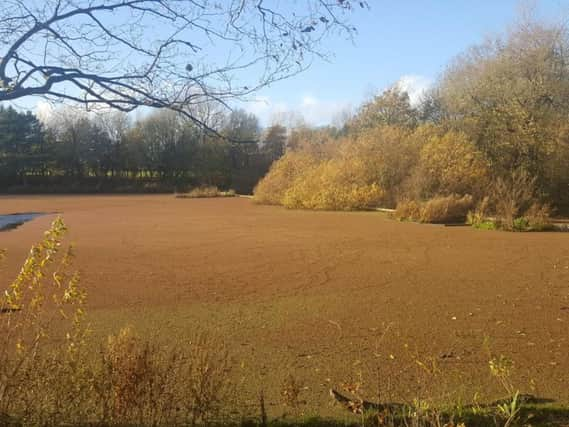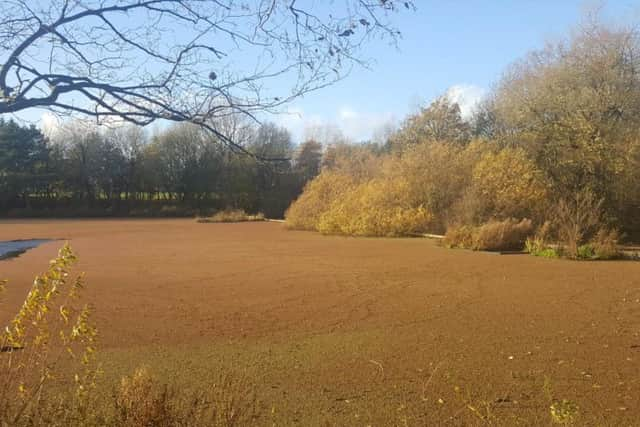Study to get to bottom of weed invasion at Blackpool's Stanley Park lake


Funding from the Coastal Communities Fund is being used to pay for a feasability study which is set to be completed in the next few months.
It came to light last year that a carpet of pondweed was causing problems at the lake.
Advertisement
Hide AdAdvertisement
Hide AdA spokesperson for Blackpool Council said: "We are currently conducting a feasibility study on the options open to us around the possibility of dredging the lake to remove the weed but also the build up of the sediment on the bottom.


"For us to be in a position to understand the costs to carry out this operation we have to take into consideration many factors including ecology of the lake, wildlife, fish, and the natural construction of the lake, etc.
"We hope to have the study completed over the next few months."
Elaine Smith, chairman of the Friends of Stanley Park, said the weed had been cut back at the edges of the lake.
Advertisement
Hide AdAdvertisement
Hide AdShe said: "Some of the weed has also died off but the worry is that as warmer weather arrives, it will start to grow again.
"So we do need to get this study done quickly and then hopefully someone will come up with a solution.
"They have to find a way of getting rid of it altogether."
The council has previously said tests had shown the pondweed is not having a harmful effect on any of the wildlife which uses the area.
In the past it has been cut back to prevent it spreading into boating locations, but the Environment Agency has since recommended not to do this as it encourages the weed to spread even further.
The lake is a haven for many bird species including geese and swans.